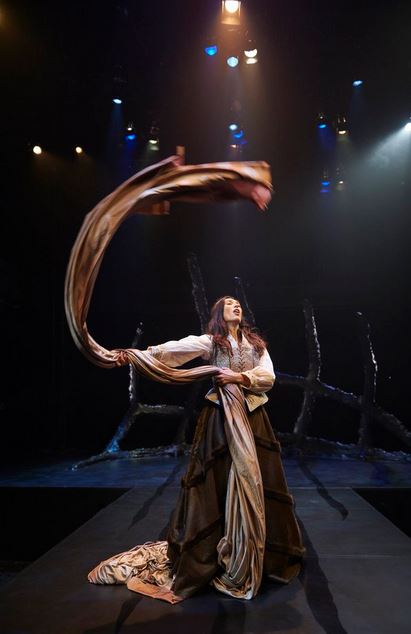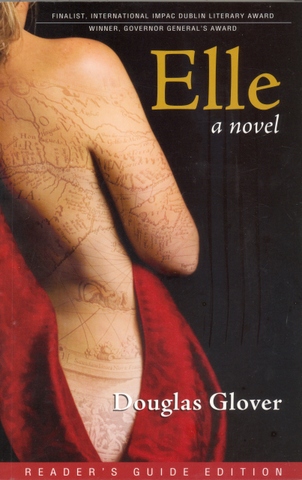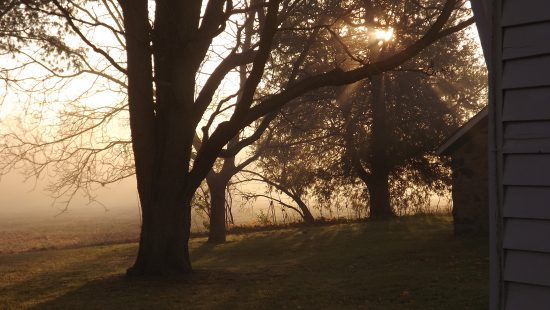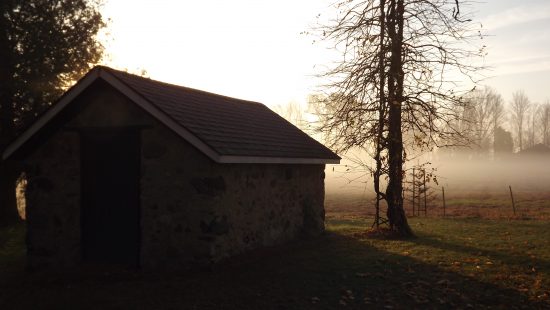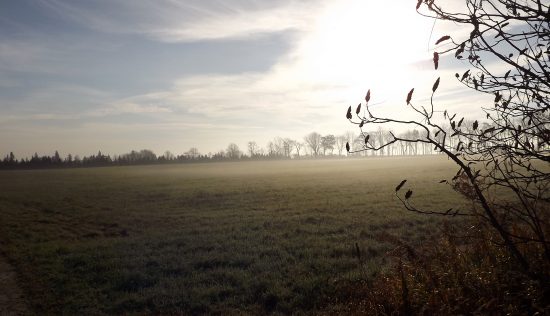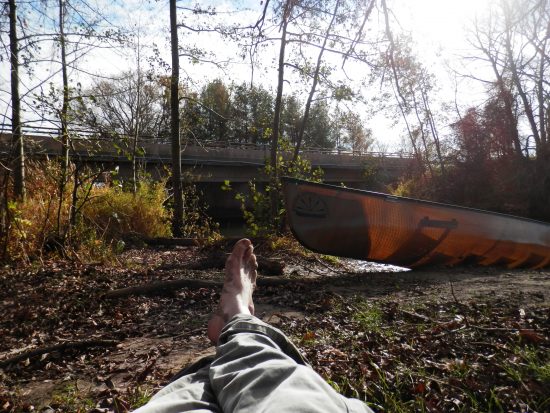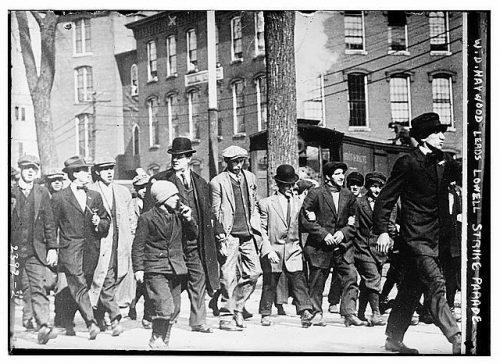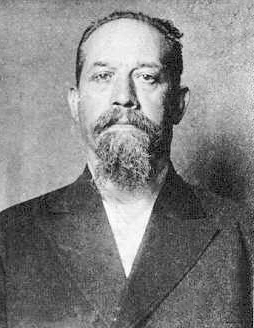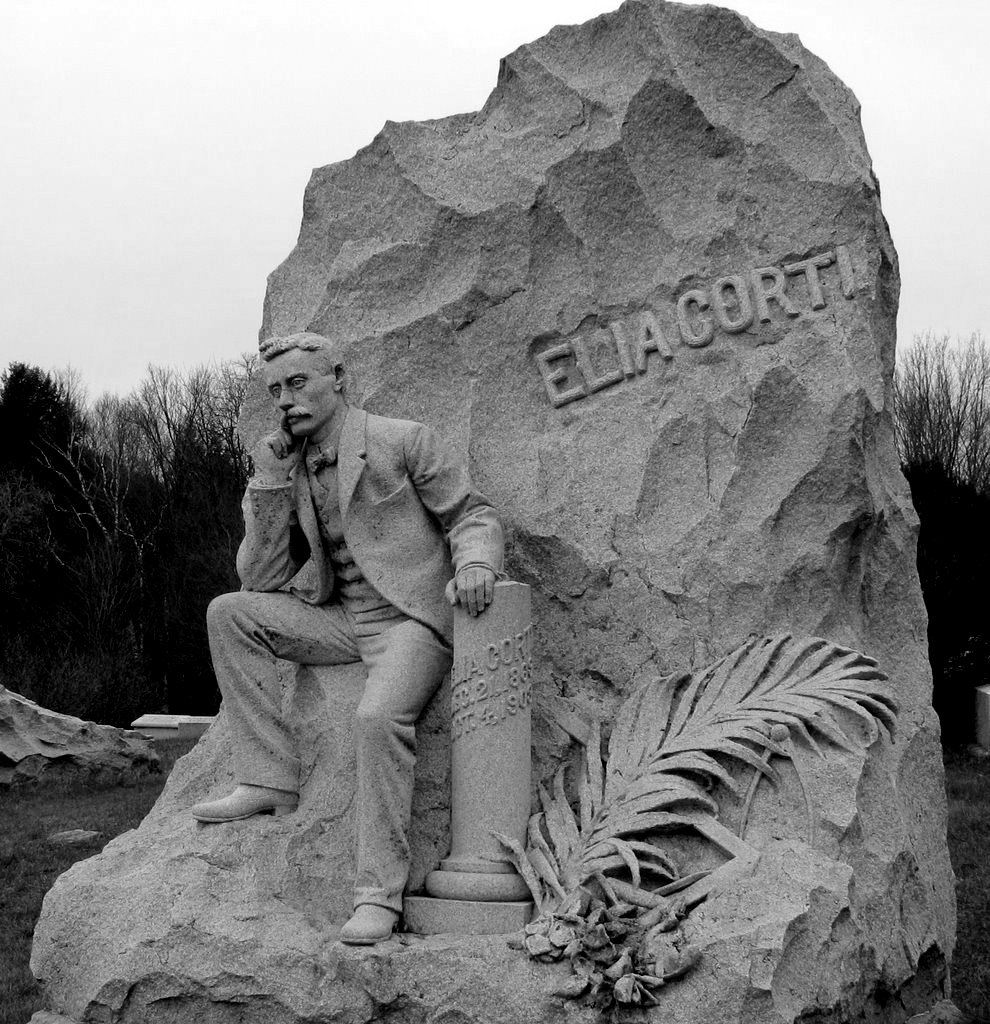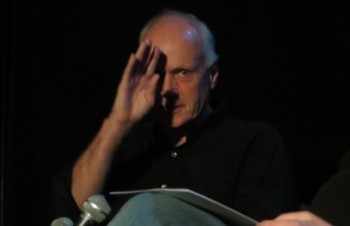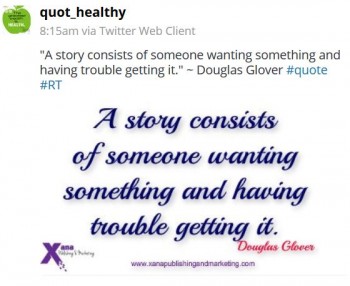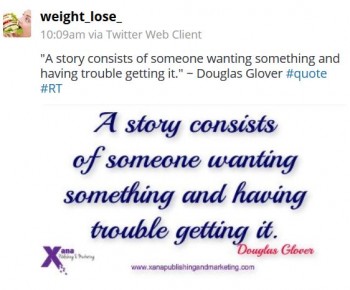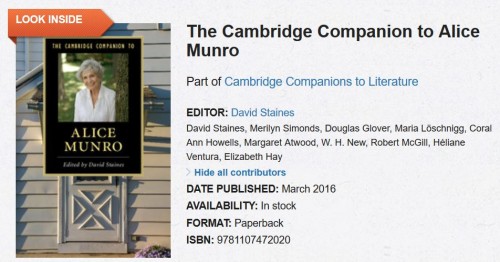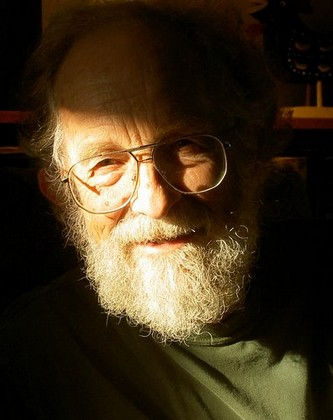
The Burning Air, Hutchinson, London, 1960
The Way In Viking, New York, 1968
No Resting Place Viking, New York, 1972
The World at Noon, Guernica Editions, Montreal, 1994
.
Eugene Mirabelli has written four novels which form a significant oeuvre. They are not singular, but interrelate in complex and delightful ways to form a unique (and, one assumes, unfinished) collectivity connected by a set of thematic concerns: family, marriage, Italian heritage, Cambridge, mutability and death; and structural articulations: the dominant male point of view that modulates briefly into the female at climactic junctures, the subtle fracturing and dislocating of time, and the interpolation of what Milan Kundera calls novelistic essays.
Literary comparisons are often invidious, but the names that come to mind as I read Mirabelli’s work are Philip Roth and Saul Bellow. The Burning Air is very much an Italian American “Goodbye, Columbus” and also reminds one of Bellow’s brief, tightly controlled early novels. Almost immediately, though, this comparison breaks down: Roth and Bellow share an era and a set of social concerns with Mirabelli, but their work falls into a Jewish American tradition (with roots in Yiddish literature) which is male-oriented, materialistic (i.e., of this world), intellectual, and comic. Mirabelli’s Italian American mental syntax is quite different: he builds his literary universe around an Augustinian dichotomy. His books are like long, careful sessions in the confessional, talking to God, enumerating small and large sins. His protagonists have one eye on the woman (wife and lover — Mary and Mary Magdalene) and one eye on death. He sees this world as an anxious and frustrating place, a place where his protagonists vain attempts at control are always being defeated by their own sinfulness and the fleeting nature of existence. Redemption comes only in the chaotic embrace of the family, the constricting yet reassuring bonds of love. A Mirabelli character may crack up and take anti-depressants, but one could never imagine him taking Roth’s detour into psychoanalysis or filing for multiple divorces as in Bellow.
Reading through Mirabelli’s novels in sequence one also begins to admire his technical ingenuity. He does lovely things which might not be noticed unless one treats the books as an on-going production. For example, he links his novels by taking a thematic note or plot segment from one and using it again in the next. The Burning Air is about a man who proposes to a woman and then never sees her again. In The Way In, the next novel, Frank Annunzio has proposed to a woman named Alba and then lost her. The Way In ends with Nancy’s premature and difficult delivery which is echoed darkly by Marianne’s miscarriage at the opening of No Resting Place. And, of course, Marco’s affair with Carol Crispin in No Resting Place is echoed in Nicolo’s affair with Roxanne in the last novel, The World at Noon.
Beginning with The Way In, Mirabelli also makes telling use of the novelistic essay. In The Way In, this takes the form of background essays on the Puritans who built New England and on the Shakers who built the school at which Frank begins his teaching career. The latter — mystical, other-worldly craftsmen — become a moral-spiritual counterpoint to the sad emptiness of Frank’s life before marriage and career. In No Resting Place, the device ramifies and extends itself into interpolated essays on Brook Farm, a running Sacco and Vanzetti sequence, and a tiny chapter on historic Albany. And in The World at Noon, the novelistic essay and family history combine and foliate in a delightful series of comic-mythic stories about the ancestors of the Cavallus. These interpolated essays and stories function like classical epyllions (one of Marshall McLuhan’s hobby horses) and give Mirabelli’s books what Yeats, in his essay on sub-plots in King Lear, called “the emotion of multitudes.”
This repetition of technical and thematic elements results in the odd sense one has reading these novels that the twenty-year gap between the publication of No Resting Place and The World at Noon ceases to exist in the experience of the reading. Mirabelli’s novels seem to form a perfectly logical sequence of growth, mutation and expansion. Each novel has been an advance in terms of technical virtuosity, thematic complexity and, for want of a better phrase, metaphysical accommodation. The Burning Air is taken up with George’s failed effort of control over the mysterious and fearful Giulia Molla. In The Way In, Frank Annunzio’s existential emptiness is the aftermath of that kind of loss of control (over women and/or the dark, shiftingness of things in general). Briefly, Frank is reprieved through marriage to Nancy and the community of friends he finds at the (Shaker) school (note especially the wonderful and redemptive chapter on kite flying), only to be plunged back into insecurity by the difficult birth of his child.
In No Resting Place, Mirabelli’s Manichean tour de force (the light of Brook Farm warring with the darkness of Sacco and Vanzetti), Marco Falconieri almost drowns in the slough of mid-life (and post-1960s) burnout which, really, is nothing but the final realization life itself will never redeem us, that things will not miraculously get better: “All our desire has been to carry through time, to stand on firm ground, reach out and stay the changes. Love leads us from ourselves to the things of this world, but in time these same things alter and pass away, no matter how much we cling to them. Here is no steady place.” In No Resting Place, Mirabelli grants us for the first time full access to the mental states of his protagonist as befits the overtly confessional mode of the narration. Mirabelli, as author, is himself beginning at this point to move deeper into his unique Italian-Catholic-American psyche, turning away from the vaguely modish, existential angst of the first two books toward a more chaotic (less controlled) vision of worldly and domestic uncertainty (the sinfulness of the flesh).
This is a dark, brave book which, in many ways, points toward its successor The World at Noon while yet not preparing us for the surprising shift of tone, the operatic and magical comedy of this most recent Mirabelli production. The World at Noon, as I have mentioned, replicates some of the plot articulations of No Resting Place — the extramarital affair, the reconciliation at the end. But the material is handled in a completely different way. It is as if, in delving always more deeply into who he is, Mirabelli has reinvented the peculiarly Italian, extravagantly melodramatic and often comic vision — the opera — in the novel form. By fusing the tale of American mid-life domestic woe with the mythical family histories of the Cavallus, he has created a wonderful interplay of now and then, this and that (the epyllion structure again). And he has coupled this complexity with a new sense of tranquil acceptance; not a superficial shrug but a genuinely comic (loving) accommodation. When Nicolo Pellegrino calmly invites his wife’s naked lover to climb down from the tree where he is hiding we know we have arrived at a totally new (for Mirabelli) and special literary place. And at the end of the novel, the double wedding of Gina and Aurora echoes the wedding at the close of The Tempest when Prospero throws his books of magic away and the world is renewed in the ritual sanctification of love and sexual regeneration.
—Douglas Glover
This essay originally appeared in Italian Americana Vol. 13, No. 2 (Summer 1995)
.
.
